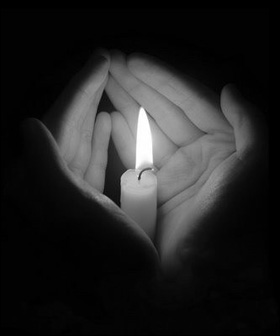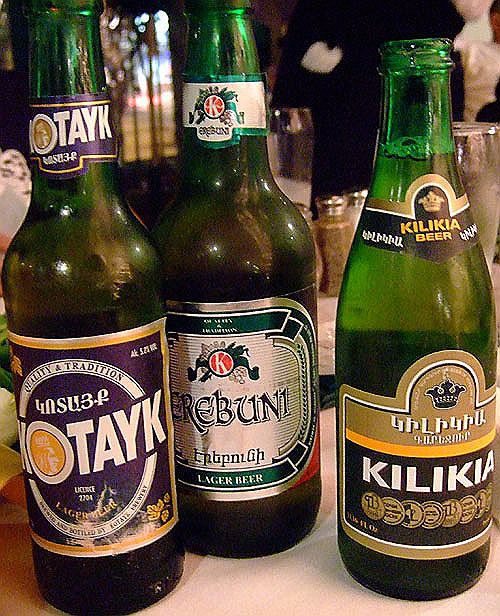http://en.wikipedia.org/wiki/Anti-turkism
By the middle of the 1400s special masses called missa contra turcas (translated as "mass against Turks") were celebrated in various places in Europe, the message of these masses was that victory over the Turks was only possible with the help of God and that a Christian community was therefore necessary to withstand the cruelty of the Turks.
Bishop Fabri of Vienna (1536–41) claimed that:
"There are no crueller and more audacious villains under the heavens than the Turks who spare no age or sex and mercilessly cut down young and old alike and pluck unripe fruit from the wombs of mothers".
In the 16th century about 2,500 publications about the Turks were spread around Europe (over a thousand of which were in German), in these publications the image of the 'bloodthirsty Turk' was imprinted on reader. In fact in the period of 1480 to 1610, twice as many books were published about the Turkish threat to Europe than about the discovery of the continents of America.
Sayings
The term "Turk" acquired the a meaning similar to "barbarian" or "heathen" in various European languages, as evident from the following dictionary entries:
* Websters New Collegiate Dictionary: "One who is cruel or tyrannical." (noted as archaic)
* Concise Oxford Dictionary: "Ferocious, wild or unmanageable person."
* Random House Dictionary: "A cruel, brutal or domineering man."
Many vices in the world were associated with the Turks. Some sayings:
* In English "To look like a Turk". In the U.S., A "Turk" was a brown-skinned "ethnic looking" person or a light-skinned African-American of possible White or American Indian descent, the word reminded white Americans of what an ethnic Turk supposedly looked like.
* In Italian phrases such as "bestemmia come un Turco" ("he swears like a Turk").One of the most infamous Italian phrase (and one much used by headline writers) was "Mamma li Turchi!" ("Oh my, the Turks are coming!") this is used to suggest an imminent danger.In addition, Italians regularly use the expression "Fumare come un Turco" ("To smoke like a Turk").
* In German[1] there are phrases that mean "he smokes like a Turk".[6]
* In Romanian, the expression "Măi, turcule" (You, Turk).[7] is used to address to a person that fails to comprehend or is ignorant. The expression "a fuma ca un turc" (to smoke like a Turk) is used to denote a person who smokes a lot.
* In French, the word Turc was once used in proverbial expressions such as C'est un vrai Turc ("He's a real Turk"), used to indicate that a person was harsh and pitiless.[8]
* When the Spanish wanted to make disparaging remarks about a person, he/she was called "Turco".[1]
* In Maltese, a Tork is someone feared and unwanted due to his nature. In fact, when a Maltese person is left out or forgotten from a share between a group, this person would quickly say: "Mela jien xi Tork, jew?" ("Am I a Turk, or what?"). Also, when a rare event occurs, a common saying is: "Tgħammed Tork!" ("A Turk was baptised!") because a Turk turning to Christianity from Islam is seen as a rare event.
* In Austrian rural areas you can sometimes still hear today how children are called in from play: "Es ist schon dunkel. Türken kommen. Türken kommen" ("It’s already dark, The Turks are coming. The Turks are coming").[1]
* In Persian, "Tork-e khar" ("Turkish ass/donkey") is a derogatory joke usually directed against Turkic-speaking Iranian Azeris.
* In Russian there is a proverb Незваный гость хуже Татарина ("An unwanted guest is worse than a Tatar").[11]
* In Greek "Εγινε Τούρκος", literally "He became a Turk", denotes extreme anger towards someone or because of something ("He was so angry that he resembled a Turk").
* In Norwegian there is a saying: "Sint som en tyrker" which means "Angry like a Turk"



